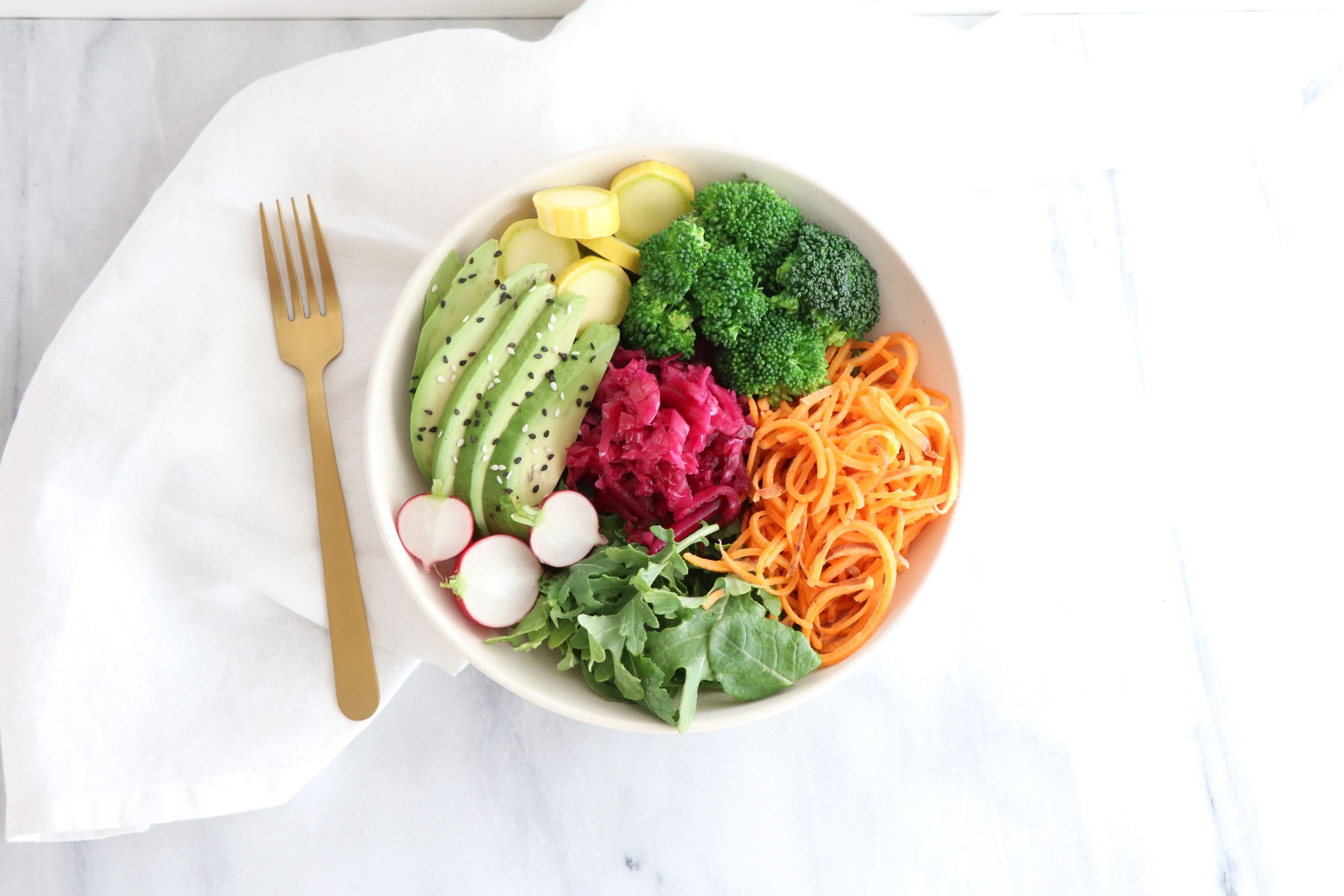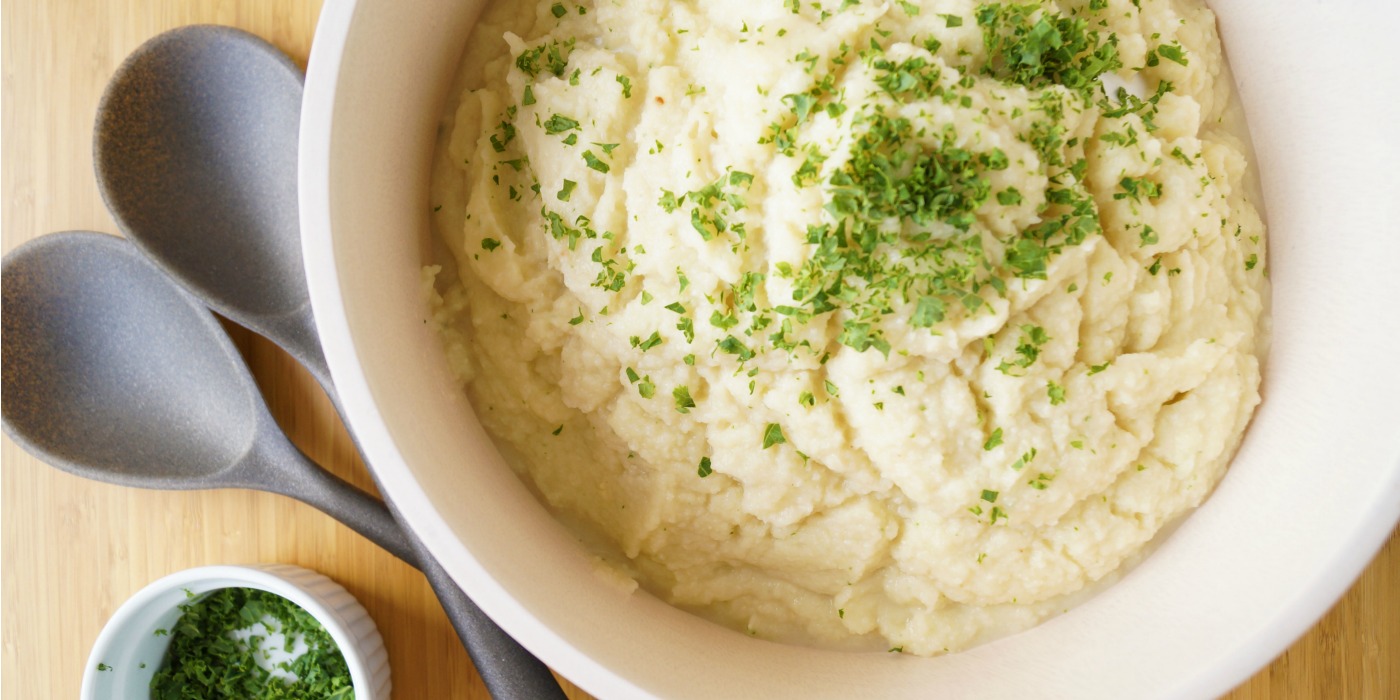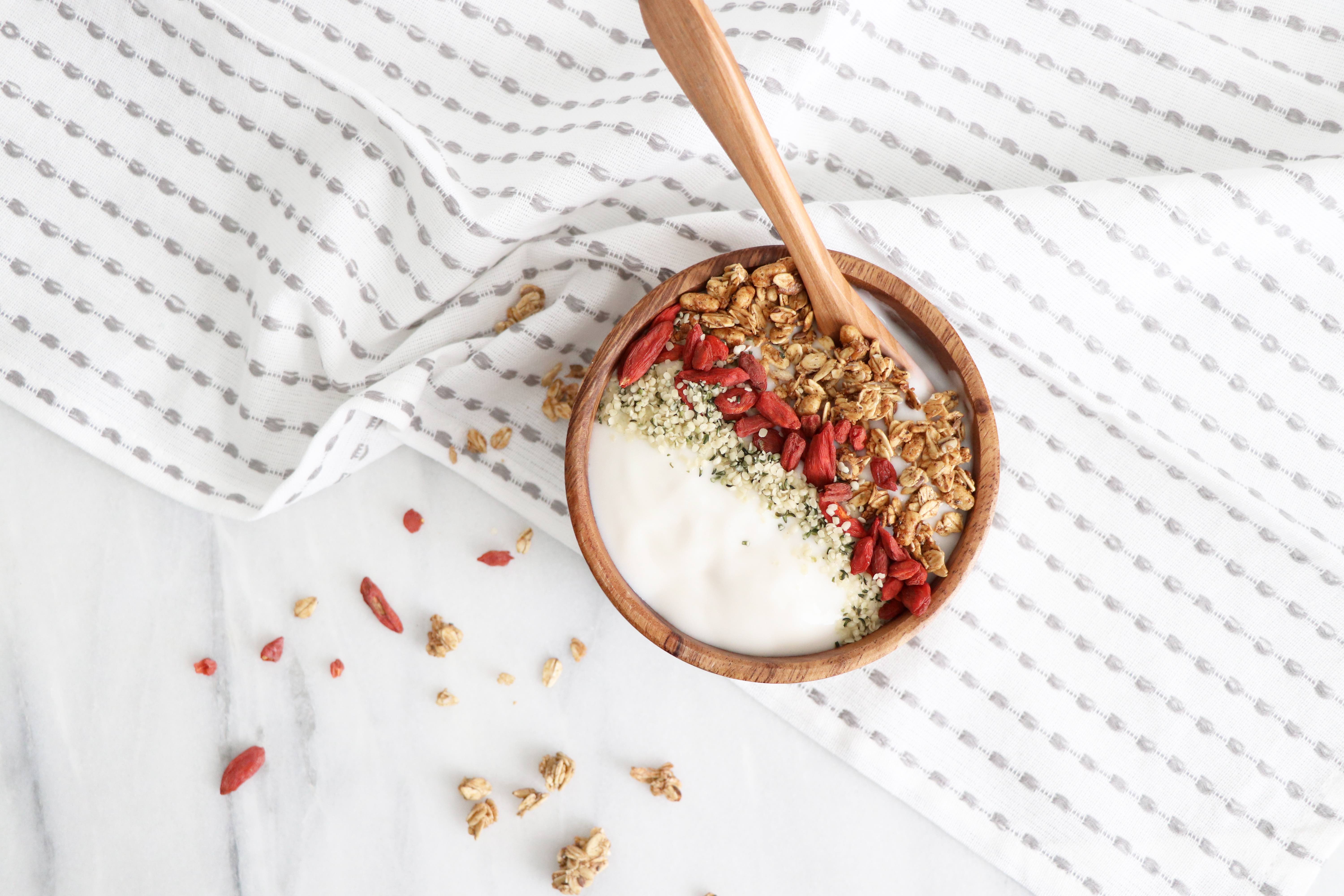
Intuitive Eating has become a buzz-worthy term in 2020, and for good reason. For many of us, the new decade is about digging deep and finding our true worth. With that comes the discovery that we don’t actually want to be tied to calorie counting or fad-dieting for the rest of our lives. It’s distracting us from our greater purpose. Plus, denying ourselves of our favorite foods is starting to feel more like masochistic torture than it is a healthy habit.
If this article is finding you at just the right time, welcome. If you are familiar with my work in the fight against diet culture, thanks for being here. The biggest thing that I want to say in all of this is, I am in no way against the dieter, I am, however, against the systems that keep us on the yo-yo diet train. I believe Intuitive Eating is the answer.
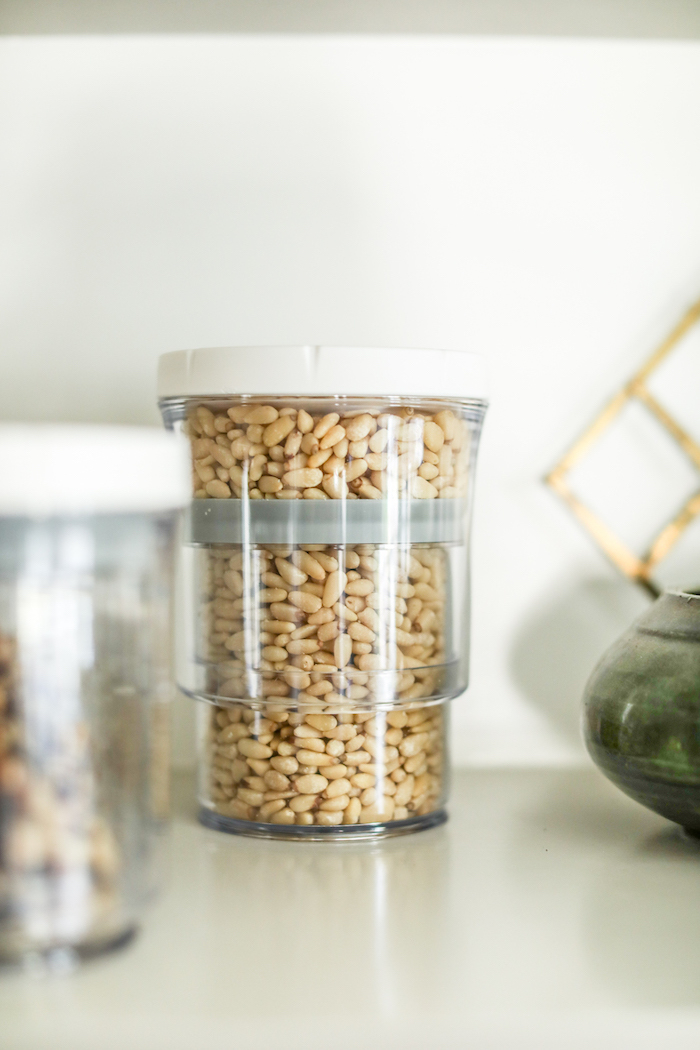
What is Intuitive Eating?
Intuitive Eating is not another fad diet. It’s actually the opposite of a diet. Intuitive Eating is a framework that helps previously stuck dieters break free from the diet mentality and move into food freedom and body autonomy. It’s about respecting your unique body and your unique life.

There are 10 principles that help guide each individual away from Diet Mentality and into a place of food freedom. These principles include: honor your hunger, movement — feel the difference, and honor health – gentle nutrition. But they also include: reject the diet mentality, challenge the food police, and discover the satisfaction factor.
Intuitive Eating has absolutely no counting, tracking, restricting, or anything that relies on external cues in Intuitive Eating. It is a self-liberating mindset that puts you back in charge of your life and your happiness.
Why We Need Intuitive Eating
Diet culture has become the air we breathe. It’s all around us and it’s almost impossible to recognize until you remove yourself from it. But it’s harmful to us none-the-less (hence my objection to the culture, and not to the people who participate in it), and I want to take a moment to explain why:
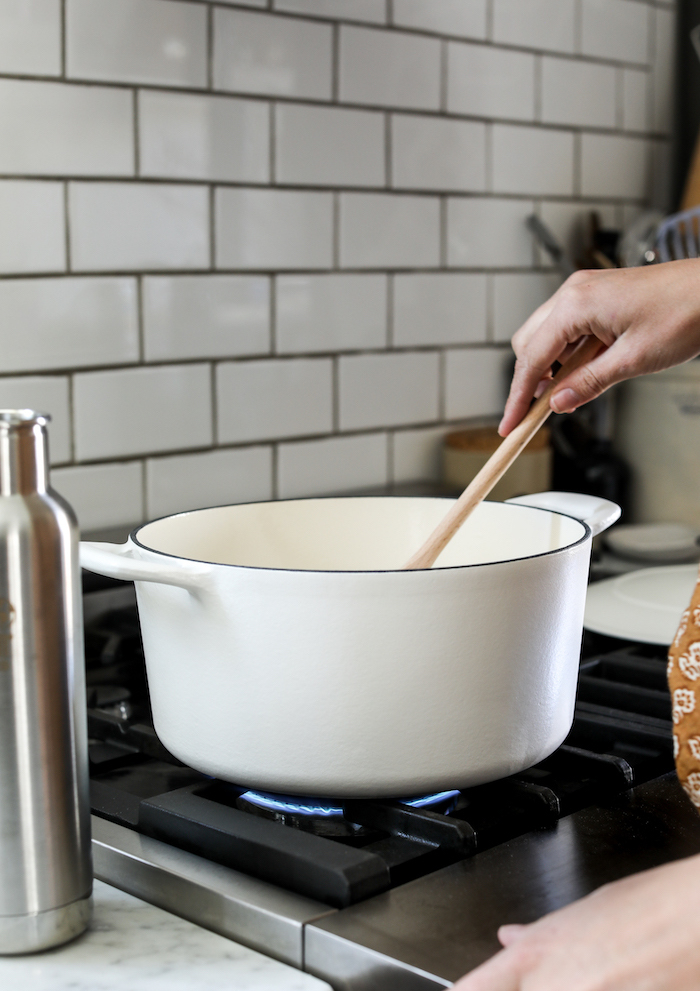
Did you know that weight-cycling (aka yo-yo dieting) is more harmful to your health than weight stability? Even if your weight is higher while stable? Or that there isn’t a single valid study that shows long-term dieting for weight-control works?
In fact, the only thing we know for sure about dieting is that it is a predictor for weight gain. Yes, weight gain. The exact opposite reason that the majority of people partake in fad-diets. Not to mention the more time and energy we spend on trying to control our weight, the more dissatisfied we feel with our bodies, and the more we judge other people’s bodies, too. Both of those mindsets negatively affect mental and physical health. It sure sounds like a hamster wheel of problems to me.
But what about health?
The most common response I hear after I share the above information is, “but what about health?” And while the conversation about health, its moral role in our culture, and the ravaging issues of weight-stigma has to be saved for another conversation, I do have an answer for you.
First, of course, anyone who cares about you wants you to be safe and healthy. That includes the Health at Every Size (HAES) and Intuitive Eating (IE) movement. We care about you.

Second, diet culture has so heavily dictated to us what the pursuit of health must look like, most of us wouldn’t be able to recognize any existence outside of these cultural norms.
For example, you may be thinking, “but how will stay healthy without counting calories?” Or, “How can I stay fit without tracking movement?”. All of these concerns are valid, and the questions I hear from clients again and again. The common denominator in both of those questions is a reliance on external cues, i.e. counting, tracking, controlling, etc. I’m arguing that it’s time to look inward and learn how to trust your body and operate within it, for it.
Third, we still must think about the pillars of health.
The pillars of health are quite simple. And you probably already know just what to do. You know to move your body. You probably already know to drink more water and less alcohol. I know you know that it’s important to eat a wide variety of foods to help provide balance. And stress? Well, we could all be managing it a little better. These are all things that can be done without focusing on weight, and they can be done without dieting.


